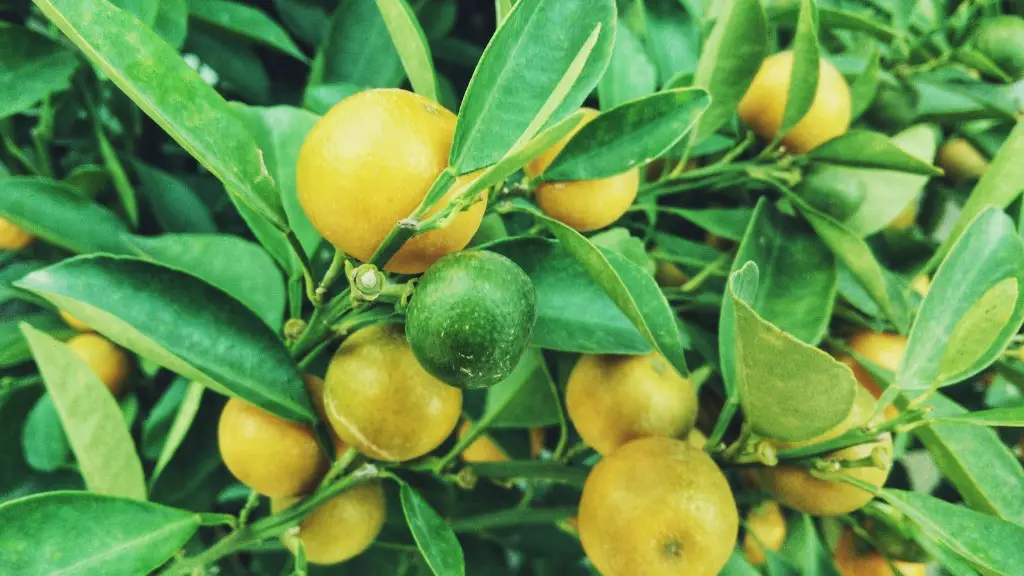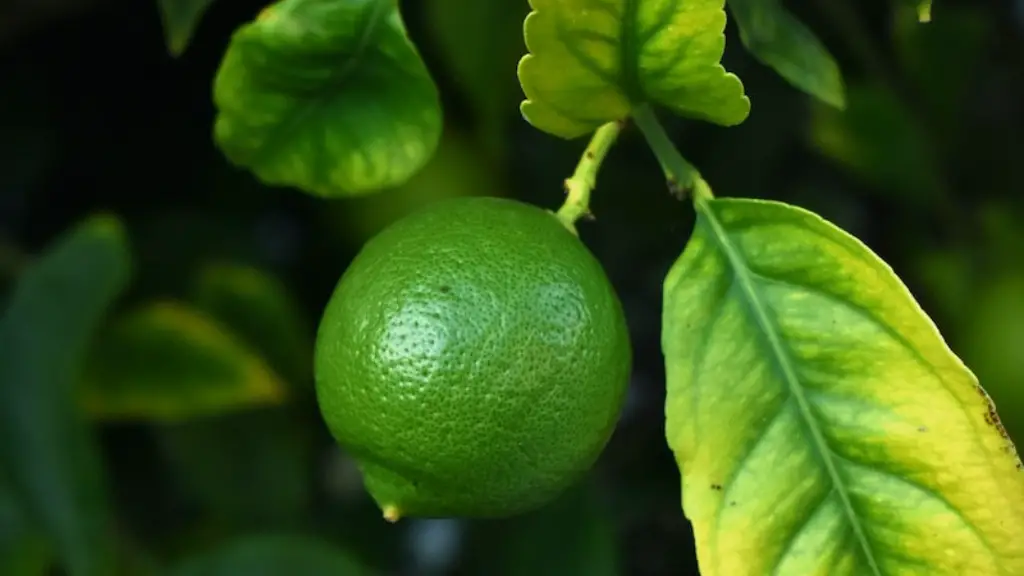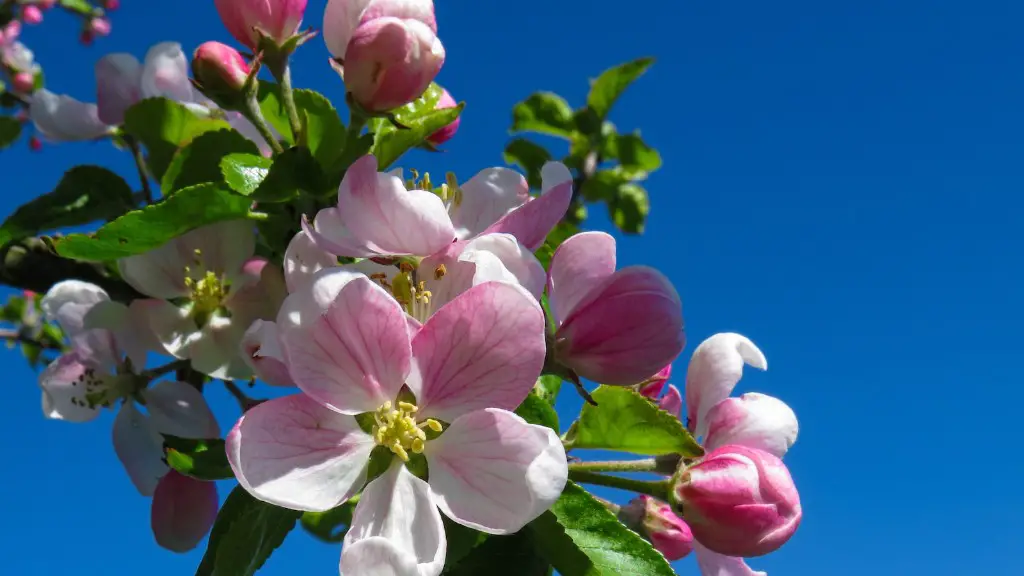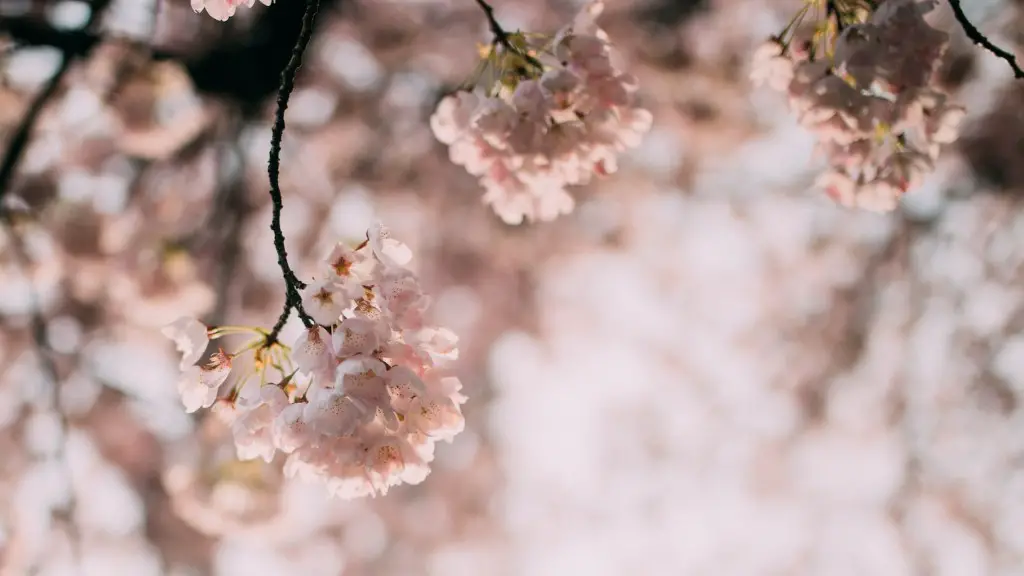Meyer lemons are popular trees for indoor gardens and can be relatively easy to maintain. The key to success when growing a Meyer lemon tree is understanding how often you need to water it. Knowing the right amount of water to give your tree can help prevent it from under or over watering. Here are some tips to help you determine how often you should water your Meyer lemon tree.
The Frequency of Watering
The frequency of watering depends on the size of your Meyer lemon tree, and the climate in which you live. In general, you should water your Meyer lemon tree once a week to a depth of six inches. This is especially true in the heat of summer. If you live in an area with a more moderate climate, such as northern California, you can water your Meyer lemon tree every two weeks. Make sure that the soil drains quickly, and if the soil is dry to a depth of one inch, then it is time to water your tree.
Amount Needed for Watering
The amount of water needed for your Meyer lemon tree depends on the size of the tree. For a small tree, you should use about one to two gallons of water per watering. A larger tree may require four to five gallons of water per watering. Make sure to water long enough so that the water penetrates the soil to a depth of six inches.
Watering During Rainy Seasons
If you live in an area that is prone to rain, you may not need to water your Meyer lemon tree as often. That said, it still needs to be watered regularly. Depending on the amount of rainfall, you may need to water your tree every two to four weeks. You should also pay attention to the amount of water in the soil. If the soil is dry and the tree is not getting enough water, even in rainy seasons, then you should water your tree accordingly.
Monitoring the Soil
One of the best ways to determine if it is time for your Meyer lemon tree to be watered is to feel the soil and check for moisture. Even if it has been raining, you should still monitor the soil for moisture. If the soil is dry to a depth of one inch, then it is time to water your tree.
Signs of Underwatering
If you’re not sure if your Meyer lemon tree needs to be watered, there are some signs you can look for. The most obvious sign is that the leaves of the tree may start to droop or wilt. If the leaves start to turn yellow, or if the tips of the leaves start to brown, then the tree is definitely in need of water. You should also pay attention to the size of the fruit. If they’re not growing as they should, then the tree is likely not getting enough water.
Signs of Overwatering
On the other hand, overwatering can be just as detrimental to the growth and vitality of your Meyer lemon tree. If the tree is sitting in standing water, then you’ve given it too much water. Another sign of overwatering is that the leaves may start to curl up, or the fruit may start to crack due to too much moisture. Brown spots on the foliage can also be a sign of overwatering.
Watering at the Right Time
In addition to understanding how often and how much you should water your Meyer lemon tree, it is also important to water it at the right time of day. The best time of day to water your Meyer lemon tree is in the morning or evening. This prevents the leaves of the tree from drying out in the sun, which can result in sunscald. Avoid watering your tree at midday or in the middle of the afternoon to prevent the water from evaporating too quickly.
Adjusting Watering Depending on Climate
Finally, the climate plays an important role in determining how often and how much you should water your Meyer lemon tree. If you live in a region with a warm climate, then you may need to water your tree more often, as the heat and wind can draw moisture out of the soil quickly. However, if you live in a region with a cooler climate, then you may not need to water your tree quite as often.
Using Soil Moisture Sensor
Using a good soil moisture sensor can be useful in determining the right amount of water to give your Meyer lemon tree. Soil moisture sensors measure the moisture content of the soil and indicate when it is time to water your tree. This can save you time, as you won’t have to monitor the soil manually every day.
Mulching
Mulching is also a good way to conserve moisture in the soil and help your Meyer lemon tree retain more water. Mulching helps keep the roots of your tree cool, and it also slows down the evaporation of water from the soil. Use organic mulch, such as bark chips, compost, or straw, and spread it around the base of the tree. Make sure to leave some space between the mulch and the trunk of the tree to avoid rot.
Corrective Measures
If you think your Meyer lemon tree is not getting enough water, there are some corrective measures you can take. If the soil is too dry, then you should water the tree more often. You can also add organic material to the soil to help it retain more moisture. Adding a layer of mulch to the soil can help conserve water and improve soil structure.
Pruning
Regular pruning of your Meyer lemon tree can also help it retain more water. Prune the tree to remove dead or dying branches, as well as any branches that are overcrowding the tree. This will open up more space for light and air to circulate through the tree and will promote healthy growth.
Conclusion
In conclusion, proper watering is essential when it comes to keeping your Meyer lemon tree healthy and thriving. Knowing how often, how much, and when to water your tree is key in order to prevent it from being under or overwatered. Pay close attention to the soil moisture levels, as well as any signs of under or overwatering. This will help you ascertain the best watering regimen for your Meyer lemon tree.



